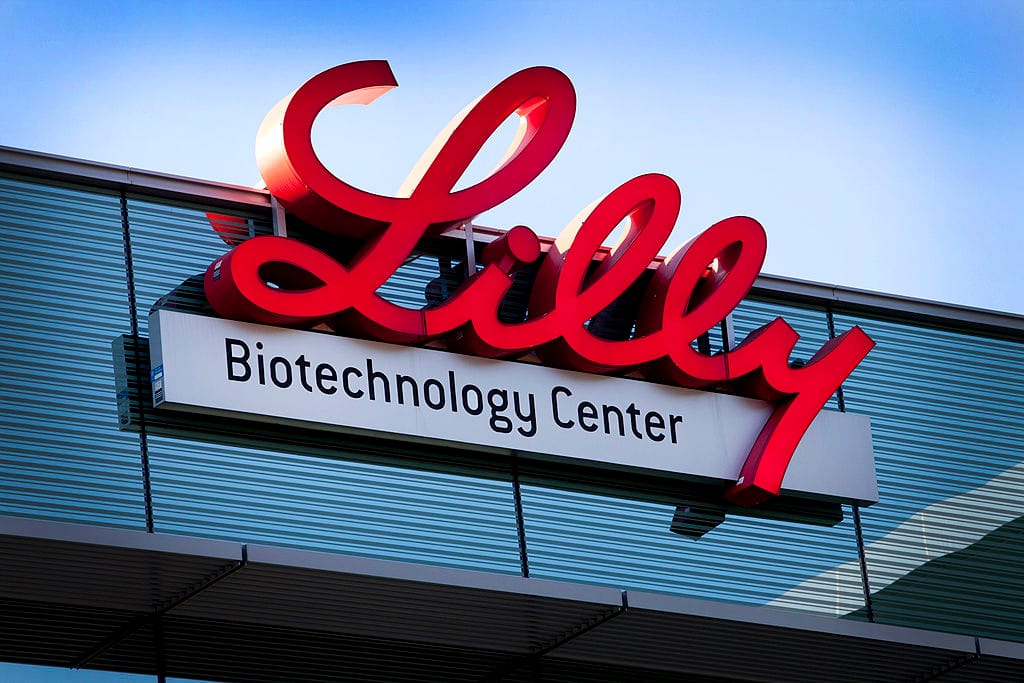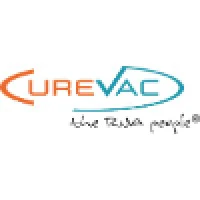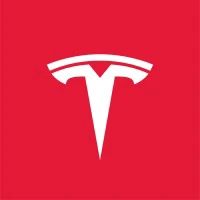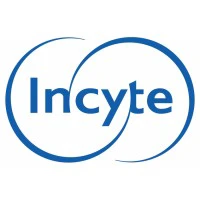The U.S. Food and Drug Administration (FDA) has approved Eli Lilly's (NYSE: LLY) new Alzheimer's treatment, Kisunla, aimed at patients in the early stages of the debilitating disease. This marks a significant leap forward, positioning Kisunla as the second FDA-sanctioned therapy designed to decelerate the progression of Alzheimer's in the United States.
Eli Lilly’s donanemab, marketed as Kisunla, received a green light from the FDA following a unanimous endorsement from the agency’s external experts. The experts concluded that the therapeutic advantages of Kisunla substantially outweigh its potential risks for Alzheimer's patients.
Joanne Pike of the Alzheimer’s Association commented on the approval: "This is real progress. Having multiple treatment options is the kind of advancement we’ve all been waiting for — all of us who have been touched, even blindsided, by this difficult and devastating disease.”
Mirroring the mechanism of Eisai and Biogen Inc.'s (NASDAQ: BIIB) previously approved treatment Leqembi, donanemab targets and clears beta-amyloid plaques from the brain. However, a notable differentiator for donanemab is its fixed dosing regimen, which allows patients to discontinue the treatment upon confirmation that amyloid plaques are no longer present in brain scans.
Priced at $695.65 per vial, or approximately $32,000 for a twelve-month treatment plan encompassing 13 infusions, Kisunla's cost is slightly above Leqembi's annual price tag of $26,500. BMO analyst Evan Seigerman remarked on the pricing strategy, attributing its relative heft to the finite nature of donanemab’s treatment versus the ongoing treatment requirement for Leqembi.
Dr. Erik Musiek, a neurologist at Washington University's Barnes-Jewish Hospital, commented, “The details of how it will play out in clinical practice are still unclear, but I think it will save a lot of money and patients will like that a lot better. I think that, coupled with the monthly dosing, will make this an attractive option.”
Data from Eli Lilly’s extensive late-stage trial revealed that donanemab decelerated cognitive and memory decline by 29% compared to a placebo. Despite this promising efficacy, nearly a quarter of the patients experienced brain swelling, and nearly a third had brain bleeding, though most cases were mild. Consistent with Leqembi, the FDA has imposed a boxed warning on Kisunla’s labeling to highlight these potential risks.
One consideration for healthcare providers is that donanemab's regimen necessitates five MRI scans to monitor for side effects, whereas Leqembi requires four. This minor difference could influence preferences in medical centers where MRI availability is constrained, as RBC Capital analyst Brian Abrahams noted.
Eisai and Biogen, in a bid to enhance their market position, have submitted data to the FDA seeking approval for a monthly maintenance dose of Leqembi administered via intravenous infusion. They are also exploring a weekly injectable version of Leqembi that could be administered at home.
Most Kisunla users are expected to participate in the U.S. government's Medicare program, which covers people aged 65 and older. Medicare began covering Alzheimer's treatments that achieved standard FDA approval last year.
With such advancements, Morningstar analyst Damien Conover projects Kisunla's annual peak sales to surpass $5 billion, foreseeing a nearly balanced market share between Donanemab and Leqembi.
According to the Alzheimer’s Association, Alzheimer’s disease currently afflicts over 6 million Americans, underscoring the critical need for innovative therapies like donanemab and Leqembi.


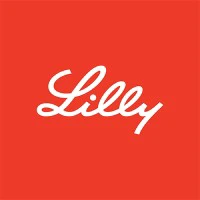 LLY
LLY
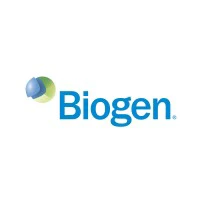 BIIB
BIIB
